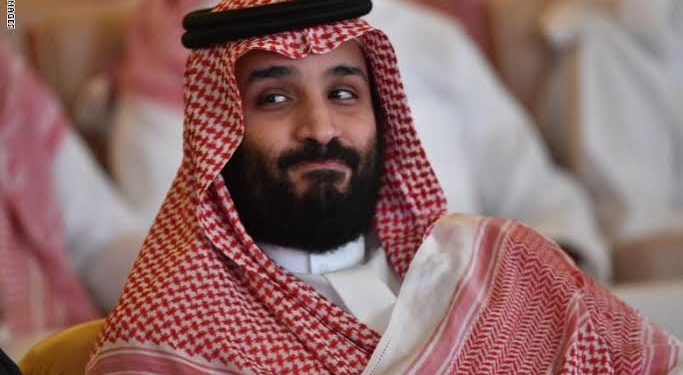
Contradictions dominate the announced figures for the Riyadh entertainment season, which is organized by the Entertainment Authority headed by Turki Al-Sheikh, refuting his lies.
Turki Al-Sheikh spoke that the tickets of the Riyadh season in all shows exceeded the 8 million and 300 thousand tickets, while the official announcement from the entertainment authority came to him to identify three million visitors and 15 thousand tourist visas within ten days of the start of the Riyadh season.
Al-Sheikh said that one million and 100,000 visitors came to the Boulevard within two days, while in fact shows that the capacity of the Boulevard is only 60 thousand and attendance reached only 400 thousand.
The Mecca newspaper contradicts what the Al-Sheikh said, with attendance at the Boulevard reaching 600,000 and capacity of 60,000.
Al-Sheikh said that the Riyadh season achieved the largest revenue in the Kingdom’s history by more than 400 million riyals, and seasonal jobs amounted to 24 thousand jobs 22 thousand volunteers in return for money without providing any practical evidence of this.
The ‘Riyadh Season’ is one of the entertainment festivals launched in the Kingdom starting in 2019 and aims to turn it into a tourist destination amid controversy aroused by the spread of corruption and decay.
The Turki Al-Sheikh trend has been issued in Saudi Arabia on several occasions amid widespread criticism of the Minister of Investment in spreading corruption, decay and coup against the values of Saudi society.
The Saudis strongly expressed their indignation over the practices of Turki Al-Sheikh and the activities organized by it represent a departure from the principles of the Kingdom and its heritage in the open exploitation of it and the Saudi regime to raise funds under the pretext of entertainment.
No one is competing with Turki Al-Sheikh for criticism from his own country except himself, as if living in a challenge with himself to achieve a record in the largest wave of popular hatred received by one person!
This person who once enters on Google and writes his name so that the news about his association with cases in courts, problems here and there, with athletes and artists, and tags on social media platforms condemning him and forming various accusations, to discover that waves of hatred and hatred Saudi Arabia and the Arab world are also pursuing him.
The Saudi regime has launched widespread arbitrary arrests over the past few days on the background of criticism of the government’s entertainment activities and its corruption in the kingdom and a coup against its conservative values.
This showed the contradiction between the promotion of the House of Saud that the Entertainment Authority aims to restore what is said to be the normal state of Saudi society before the era of the Islamic awakening, at a time when different spectrums of that society are in the prison; a paradox in the Kingdom under Mohammed bin Salman.
The Saudi authorities wanted to live modernity and deliver what the people had been denied for decades. At the Future Initiative conference in October 2017, bin Salman said, “Saudi society was not this way before 1979 (the Iranian revolution and the beginning of the Islamic awakening in Saudi Arabia) We just go back to where we were, to Islam open to all religions, traditions and peoples.”
“We want to live a normal life,” he said, threatening to wipe out what he called “remnants of extremism,” referring to religious and Sahrawi symbols that could criticize his social orientations, including entertainment.
However, these statements were accompanied by a campaign of mass arrests of influential sheikhs and religious scholars in the community, or academics and social media activists, in anticipation of the emergence of any criticism of entertainment or the policies of Prince Mohammed bin Salman.
While many of these symbols have been arrested, who are not widely known for criticism of power, it is not unusual for authorities to arrest other figures on the back of criticism that has infuriated them not on entertainment as a need for society, but rather on the way they see society moving away from observing its traditions. And their religious habits, according to them.